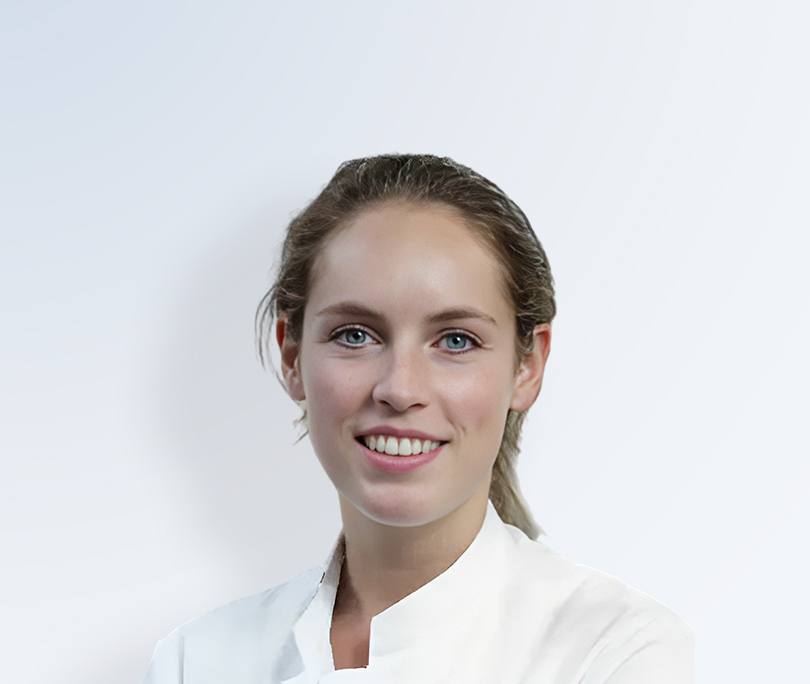The team
Consultants
At the University Medical Center Utrecht 8 consultants are currently working at the department of Plastic and Reconstructive surgery. Each of them is involved in research to continu improving the care they provide. Get acquainted with them here.
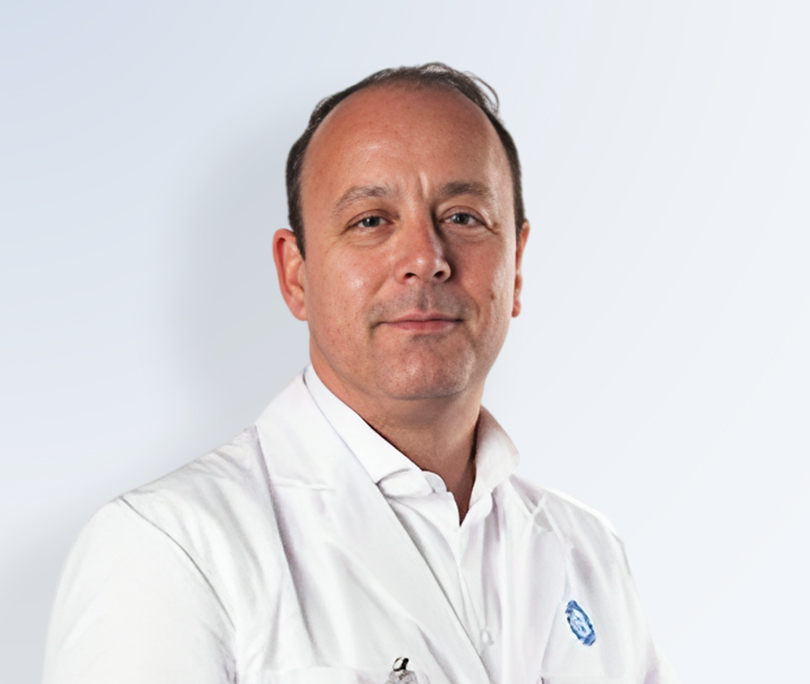
Prof. J.H. Coert, MD PhD
As professor of the Plastic, Reconstructive, and Hand Surgery department I am involved in a number of research projects in our department. As a hand and nerve surgeon, my personal interests are mainly in our projects involving nerve and hand surgery. Among other things, I am heading a national randomized controlled trial studying the benefits of nerve decompressions in lower legs of patients with diabetes. In other research projects, we seek to improve outcomes for neuropathic pain and reconstruction of joint arthritis. We use a translational animal model to study nerve pain in collaboration with Neuroscience and Neuropathology departments. For this purpose, we use mouse models. In addition, I am involved in a national and international collaboration for malignant peripheral nerve sheath tumors.
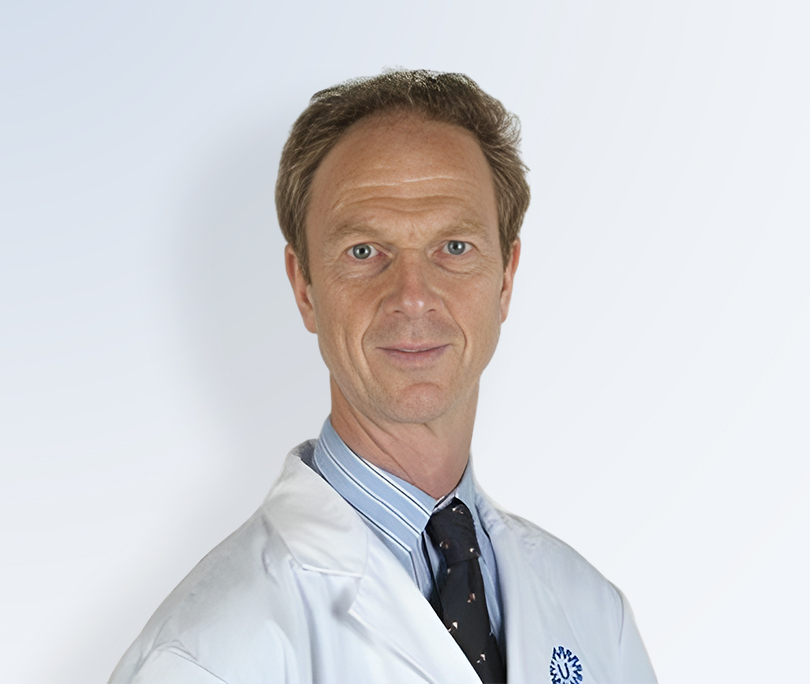
Prof. A.B. Mink van der Molen, MD PhD
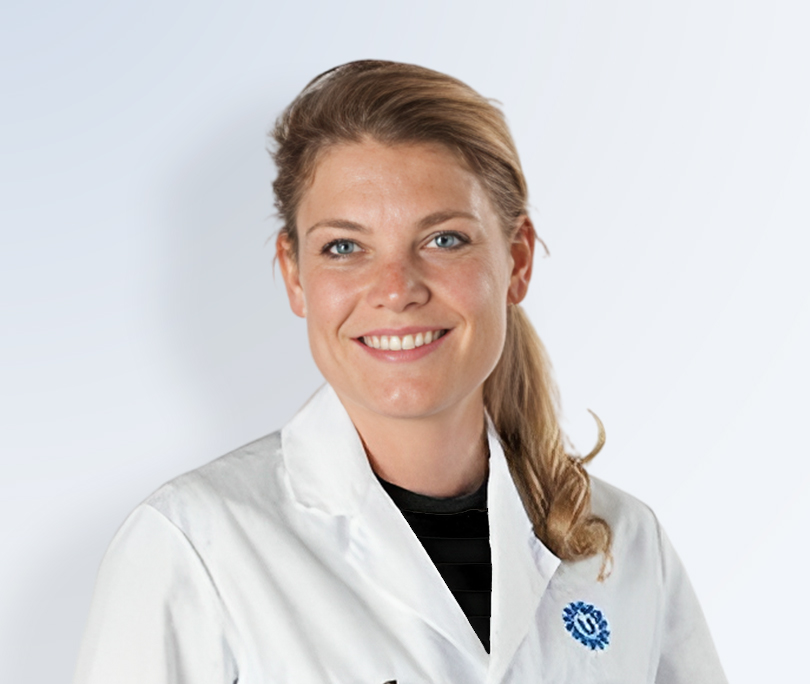
W. Maarse, MD PhD
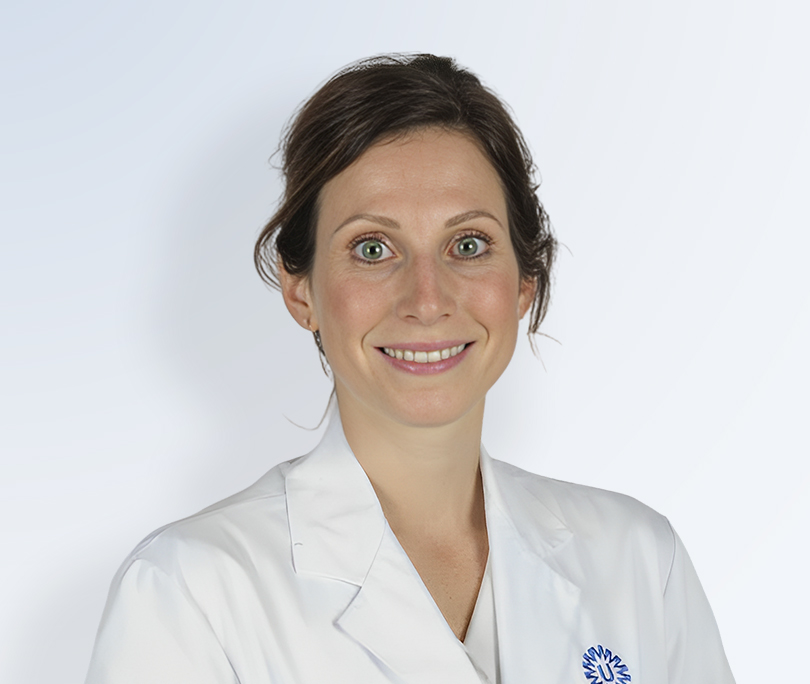
E.C. Paes, MD PhD
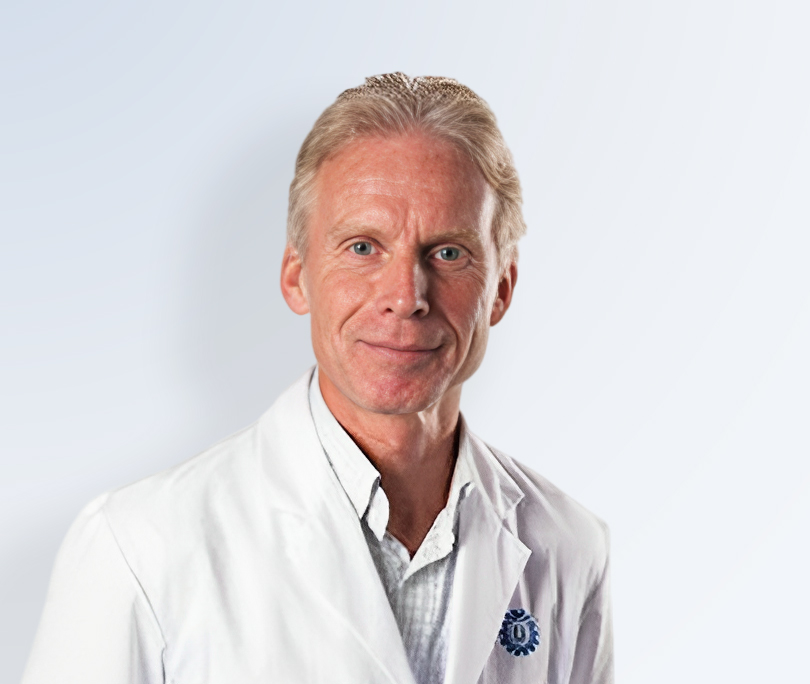
P.P.A. Schellekens, MD PhD
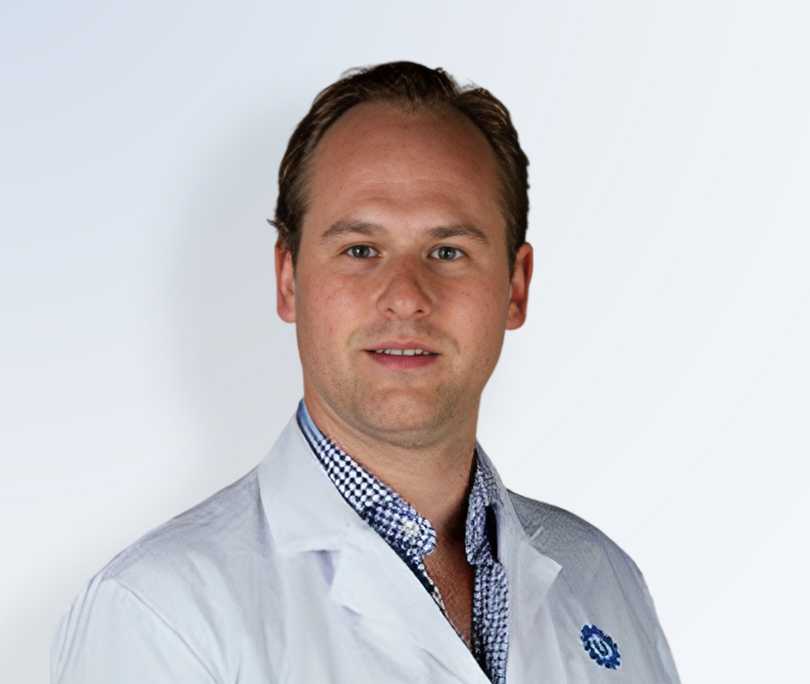
D.D. Krijgh, MD
